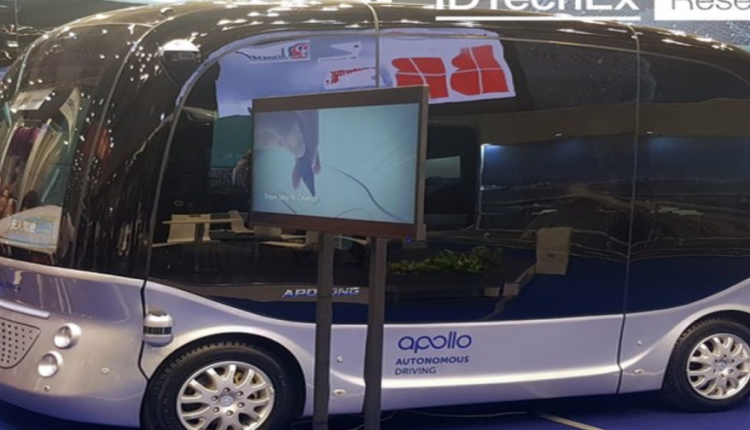Peak Car Will Be Here Soon
We have belatedly realized that the 1950s are over and some of our most scathingly brilliant urban planning ideas from that era aren’t sustainable in a whole host of ways. Whether it’s the cost of infrastructure maintenance, repair, and replacement; the toll on human health from long commutes from the suburbs; or the unsustainability of fossil fuels, just as we’ve reached peak cell phone, as the world becomes increasingly urban and cities are intensified, we are rapidly approaching peak car.
Two studies, one for Kantar and the from IDTechEx, pinpoint 2030 as the global “tipping point” for sustainable mobility in the world’s largest cities. Kantar predicts private car journeys in the world’s largest cities will decrease 10% by 2030 due to the sharing economy, multi-modality, autonomous vehicles and aging population.
The analysis shows offset from increased public transport, cycling and walking. Kantar surveyed 20,000 citizens across 31 cities. The report also distilled panel discussions with 53 mobility experts from 14 countries, finding 49% of city trips become greener vs. 46% for cars (currently 51%). Taxi, ride-sharing/ride-hailing trips, and other modes become 5%.
Consistent with this, in its new report, “Robot Shuttles and Autonomous Buses 2020-2040,” IDTechEx finds that robot shuttle sales will take off around 2030 as a new form of transport. Symmetrical, they never do U-turns and some will be allowed over piazzas and in shopping malls. Some will double as last-mile goods transport. With 37 projects worldwide, they are already the basis of the smart city Toyota is building at the foot of Mount Fuji.
Kantar finds that, across the 31 cities surveyed, a massive 36.7 million city-dwellers will change the way they travel over the next 10 years. IDTechEx sees huge materials and components opportunities in this, the subject of its conference Electric Vehicle Materials 2020 May 13-14. Presentations cover solar bodywork, new thermal management, ubiquitous sensors, new batteries, and the latest advances for novel materials used in electric vehicles.
Source: IDTechEx

